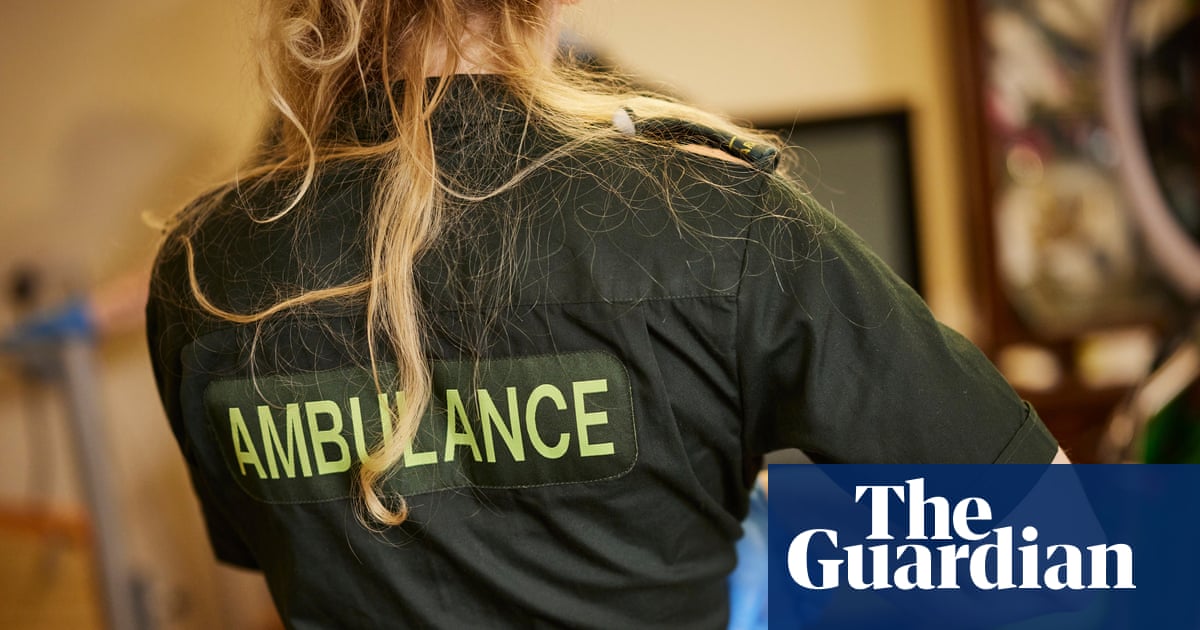The UK’s most satisfied graduates are those who studied healthcare subjects, while those who opted for journalism or marketing are far more likely to regret their choices, according to data obtained by the Guardian.
Vets, midwives and paramedics were the happiest with their degrees after entering the workforce, alongside those who studied vocational subjects such as architecture, computer science and construction, and were most likely to say they would study the same course if they were making their university choices again.
But those who took film studies or media or marketing subjects were much more likely to prefer different courses in retrospect, which experts said might reflect the more difficult job markets in those sectors.
The figures, which shed light on how recent graduates feel about their sixth-form decisions, were obtained exclusively as part of this year’s Guardian University Guide.
This year’s overall rankings show that Oxford, St Andrews and Cambridge have retained their top three positions, followed by the London School of Economics (LSE) in fourth, while Durham has inched into the top five after being placed sixth last year, pushing Imperial College London down to sixth position.
Seven of the 10 subjects that graduates were most enthusiastic about choosing were vocational healthcare degrees, according to data obtained from the Higher Education Statistics Agency (Hesa), which drew on a survey of people 15 months after graduation and asked whether they would choose to study the same course if making their decision again.
The happiest graduates were those who had studied dentistry, veterinary science, paramedic science, physiotherapy, medicine, midwifery or children’s nursing, closely followed by graduates of other vocational degrees: architecture, computer science, and construction, surveying and planning.
Charlie Ball, a graduate labour market expert at Jisc, which supports universities and colleges in IT, said graduates were less likely to regret choosing healthcare subjects because “you’ve got to really want to do these subjects to do them” in the first place.
Those subjects also enabled people to return to their communities after graduating rather than moving to large cities, where most graduate jobs are based, because “you can walk into a well-paid, stable job” straight after graduation, he said.
Ball added that many of the subjects graduates were most likely to have regretted, such as journalism, marketing and PR, media and film studies, as well as biomedical science, led to careers in industries with difficult job markets, in which early career progress could be slow and highly competitive, with low salaries.
Dame Wendy Hall, regius professor of computer science at Southampton University and an adviser to the government on AI, said that although reports in the media had suggested graduate jobs were being replaced by AI, in reality it “is not going to take everybody’s jobs overnight – it will be a much longer process”, and would probably create additional opportunities, especially in science and engineering.
“If you stop recruiting graduates, you’re going to have a big gap down the line. It’s very shortsighted,” Hall said.
“I think it will be an evolving thing … There should be more people doing apprenticeship-type, vocational degrees … Students shouldn’t worry too much about AI – and certainly not [be] trying to second-guess what jobs are going to go at the moment, and what new jobs there might be.’’
Ball said the graduate jobs market was “pretty similar” to its state before the pandemic, having slowed from a temporary peak rather than being in crisis.
The Hesa data shows that more than 80% of graduates are satisfied with their decision to go to university and study the course they chose four to six years earlier, when they were typically aged 17.
Graduates were also asked whether they would choose the same university if making their decision again. Graduates from institutions that are top ranked in the Guardian University Guide, such as Oxford, Cambridge and LSE, were among those most likely to say they would go to the same university again.
However, the top-ranked institutions were joined by others, such as the University of Sheffield, in second place, far above its 16th place in the main rankings; Liverpool John Moores in 10th, compared with 42nd place overall; and Newcastle in 12th, compared with 81st.
Matt Hiely-Rayner, the compiler of the Guardian University Guide, said there was a strong correlation between a department’s career prospects score in the main university guide rankings and the proportion of graduates who said they were content with their decision to go to university. This “indicates that graduates who have not yet taken a positive career step are less inclined to reflect positively upon their decision to enter higher education,” he said.

